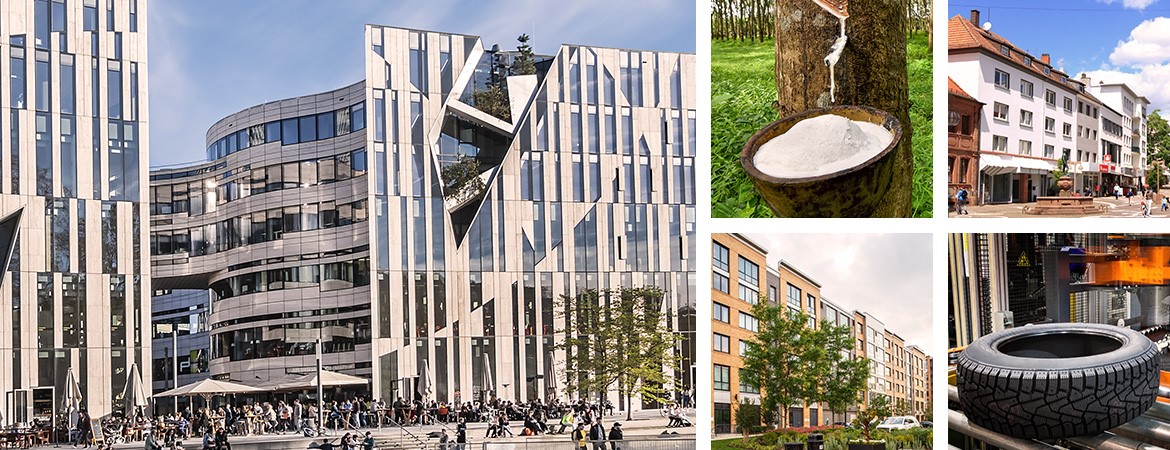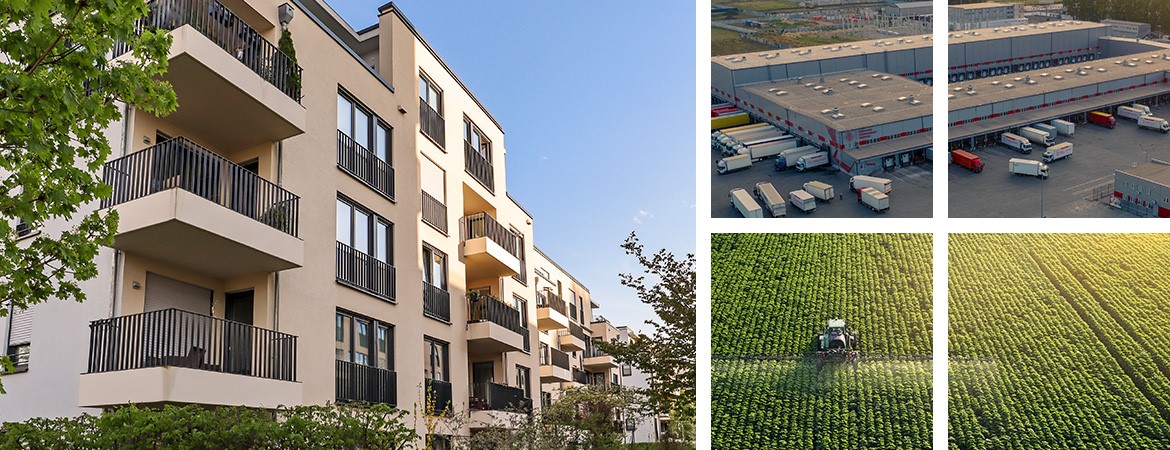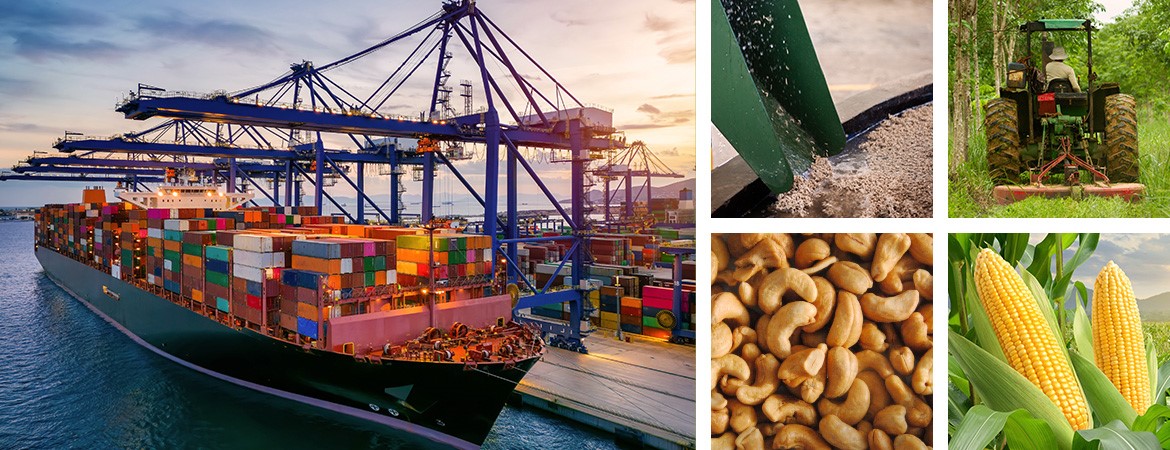








The economic growth posted by the Ivory Coast since 2011 has been above average. Up until 2016, the growth rate was over nine percent per year making the country one of the fastest-growing nations in Africa and the world. Part of the growth can be explained with the investment backlog during the previous difficult decade. But the determination to win back international confidence as being a reliable production and trading partner also contributed to the good increase in growth.
The decline in prices for agricultural commodities since 2016 – harbingers of the imminent slowdown of global economic growth – is also having an impact on the Ivory Coast’s GDP given that the country is rich in raw materials.
Yet compared to other similar nations, it remained very high at six to nine percent. The International Monetary Fund (IMF) reckons that by 2023, the Ivory Coast will post an annual growth rate of at least six and half percent and, with that, will continue to be one of the strongest growing countries in the world.